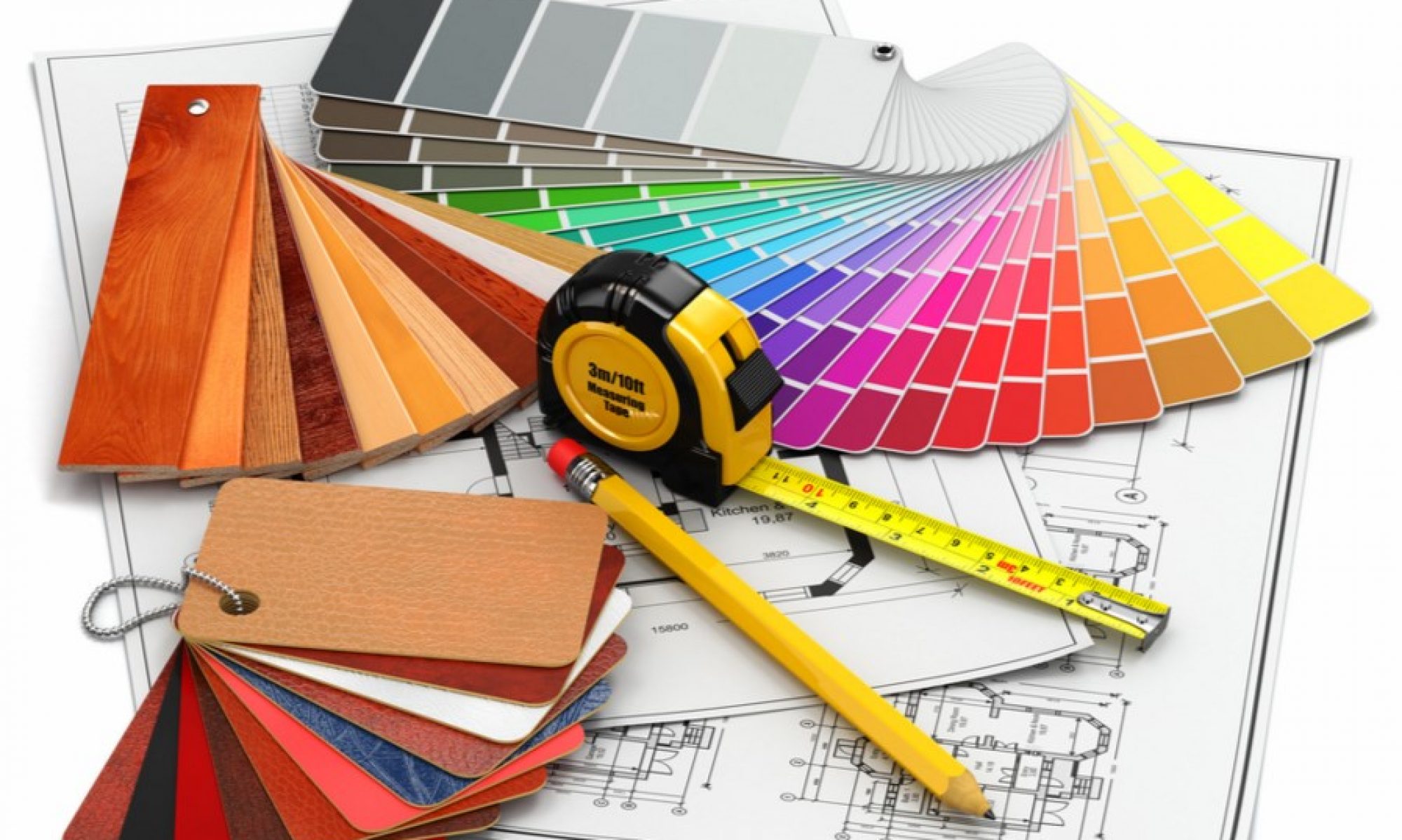
The heating and the cooling system are the two most energy-hungry appliances in any home – heating and cooling-related energy costs can amount to as much as half of a household’s utility expenses. Fortunately, there are many different easy and low-cost ways to reduce your heating and cooling expenses – here are some.
Install a Programmable Thermostat
These small, modern devices can help you maintain the temperature in your home at comfortable levels, while also reducing the amount of energy used for the process. Most thermostats today allow you to define temperature zones in your home and to assign a different temperature to be achieved and maintained in each of them. You can also set the time when the heating and the cooling should be turned on – set the device to start the heating or cooling process about an hour before you get home and set the temperature lower for the rooms that you sleep in. This way, programmable thermostats can ensure that none of your rooms is too cold or too hot and that your home is heated and cooled only when you are there to enjoy it, thus keeping the related energy costs at optimal levels.
Use Adequate Window Covering
Thick drapes, blinds or shutters can add degrees to your interior temperature in winter and can keep even more degrees of heat outside in summer. In winter, draw the drapes and close the blinds when darkness falls to improve the insulation provided by your window. In summer, close the drapes and the windows during the day – if possible, keep your windows wide open during the night, when the air outside cools down a bit and keep that cool air in with darkened rooms to help your air conditioner.
Pay Attention to System Maintenance
To ensure proper operation, heating and cooling systems need to be regularly maintained. Hire a professional Denver heating and air conditioning contractor for the job – have both systems inspected and maintained every six months, possibly before the period when you will need the heating or the cooling running high. Make sure that the maintenance includes the inspection of every component of the heating and cooling system, including the pipes and the outdoor units as well and the get the filters replaced, too. If your HVAC technician detects any faulty components in your heating and cooling system, don’t postpone the replacement – hot and cold weather can both come unexpectedly and you need a fully functional HVAC all year around.
Weather-Strip Your Doors and Windows
The cracks and holes around windows and doors are major causes of energy loss the year around, but the good news is that the issue is easy to fix. Perform a thorough inspection of the areas, identify problem spots, then take some caulk and apply it on the cracks and holes. Check the points where cables enter your home, too and apply caulk around any hole that you consider too big.
Insulate
Insulation offers thermal protection in winter just as much as in summer. Go to the attic and check the insulation you have underneath your roof – if the insulation is not of the suitable thickness, remedy the issue to ensure the thermal balance of your home interior.
